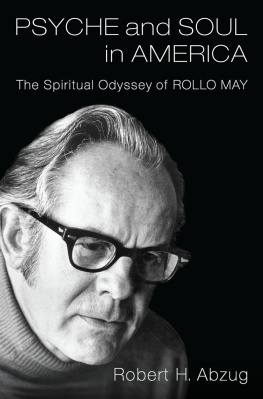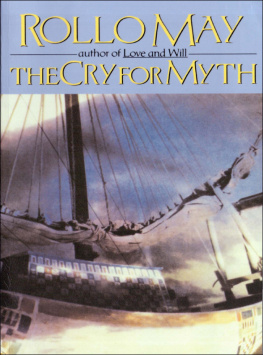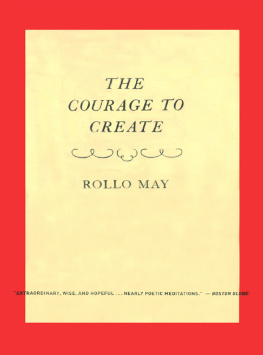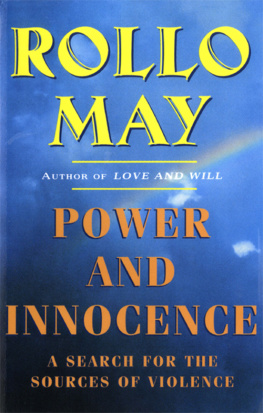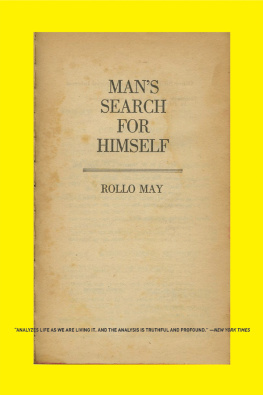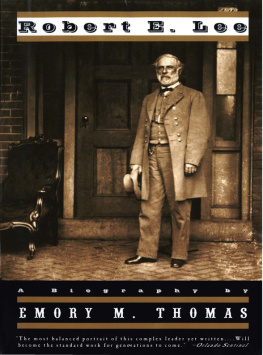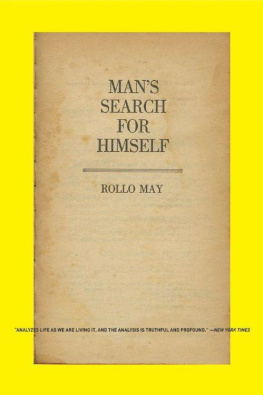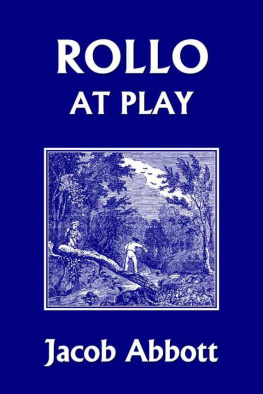Psyche and Soul in America

Oxford University Press is a department of the University of Oxford. It furthers the Universitys objective of excellence in research, scholarship, and education by publishing worldwide. Oxford is a registered trade mark of Oxford University Press in the UK and certain other countries.
Published in the United States of America by Oxford University Press
198 Madison Avenue, New York, NY 10016, United States of America.
Robert H. Abzug 2021
All rights reserved. No part of this publication may be reproduced, stored in a retrieval system, or transmitted, in any form or by any means, without the prior permission in writing of Oxford University Press, or as expressly permitted by law, by license, or under terms agreed with the appropriate reproduction rights organization. Inquiries concerning reproduction outside the scope of the above should be sent to the Rights Department, Oxford University Press, at the address above.
You must not circulate this work in any other form and you must impose this same condition on any acquirer.
CIP data is on file at the Library of Congress
ISBN 978-0-19-973437-3
eISBN 978-0-19-086404-0
In memory of my parents, Seymour and Frances Wolff Abzug
Contents
It is a pleasure to recognize the many people who helped in the creation of this book. First and foremost was the late Rollo May, who in candid conversation and by granting access to his manuscripts enabled me to capture the extraordinary breadth of his life. Georgia Johnson May was extremely helpful in adding to this picture both before and after Mays death. The Mays showed me the warmest hospitality at their home in Tiburon, California, where I did virtually all of the work in his papers, and in Holderness, New Hampshire, where we engaged in wide-ranging and illuminating discussions of his life and life in general. Rollos niece, the late Barbara May, added a touching dimension to my understanding of his last years. Mays half-brother, the late Gerald May, in his own right an author and therapist, met with me over two long lunches in Maryland and provided insight into the father they shared. Of course, I would not have had the opportunity to commence this work without the aid of the late John Vasconcellos, a friend for forty years, who introduced me to May and shared anecdotes concerning his own interactions with the humanistic psychology community.
Mays colleagues and friends aided the project as well. Irv Yalom commented on parts of the manuscript and discussed Mays impact on his own work and personal life. I gained special insight into Mays New York years from the late Bob Akeret of the William Alanson White Institute. In emails and conversations long and short, I learned much from therapists who knew Rollo or who were connected to the White Institute in New York and various Bay Area institutions, had written about major figures in the story, or were in private therapeutic practice: the late Sabert Basescu, Sandra Buechler, the late Jim Bugental, the late Leo Caligor, Steven Diamond, Jackie Doyle, Sibel Golden, Tom Greening, Ed Hoffman, Peter Koestenbaum, Ed Mendelowitz, the late Don Michael, Maureen OHara, Barbara Rosen, Kirk Schneider, and the late Miltiades Zaphiropoulos. A special thanks to Shirley Kessler, who enabled my use of her interview transcripts for an unproduced film about Rollo May.
As for the world of Esalen, Michael Murphy and Walt Anderson helped me get the big picture, while chats with my friend Jeff Kripal as well as his scholarship helped supply the fine grain. Among others who shared their personal impressions of May were Ingrid Kepler May, the late Diane Middlebrook, and the late Harold Taylor. I owe a special debt to George Cotkin, cultural historian of so many things and most especially Existentialism, for his scholarship and for the times we have been able to discuss ideas related to this book. The same can be said of fellow biographer and friend Larry Friedman, who graciously let me look at some of the material he had collected for his biography of Erich Fromm and with whom I compared notes on the Fromm-May relationship and the profession in general.
Friends, colleagues, and students in Austin shared ideas, editorial advice, and support over many years. I am especially grateful to Alyssa Ramirez, whose detailed comments on virtually the entire manuscript improved its structure, style, and clarity. My friend of almost forty years, Mary Cook, read most of the manuscript and blessed it with acute observations. Joe Holley took time from his own writing to give the manuscript a final once over and helped shore up some important points. The work of three of my doctoral students and now peersChris Babits, Jess Grogan, and Matt Hedstromdeepened my understanding of ideas and movements directly related to Mays life. Friends and colleagues who provided research aid and insight, read chapters, and in other ways lent support include Daniel Coonan, Carol Dawson Randy Diehl, Betty Sue Flowers, Kathleen Higgins, Steve Hoelscher, Jim Magnuson, Mark Micale, Elizabeth Moore, Rachel Ozanne, Frank Richardson, Mike Stoff, Jennifer Westrom, and Hannah Wojciehowski. In addition, members of the University of Texass Humanities Institute Seminar of Fall 2017 provided a warm and supportive environment in which to test ideas that proved important to shaping the final manuscript.
I would also like to recognize the archivists without whose aid much of this story could not have been told. Early on, the archives and staff at Michigan State University and Oberlin College, along with Oberlins award of a Frederick Binkard Artz Summer Research Grant, eased the collection of unique material that illuminated Mays college years. In New York, I had the privilege of utilizing the archives of Union Theological Seminary, the William Alanson White Institute, and Columbia University. In Cambridge I spent profitable days at Harvards Houghton Library and Divinity School Archives. Jess Grogan shared material she had gathered at the University of Akron for her own research. Steps away from my office at the University of Texas, the Harry Ransom Centers manuscript collections provided me not only with archival material but also with a delightful environment within which to work. In addition, the Phi Beta Kappa papers at the Library of Congress proved enlightening on the subject of the Ralph Waldo Emerson Award. Finally, while I utilized Mays manuscripts in his home office, they have found a more orderly and secure home as the Rollo May Papers at the Humanistic Psychology Archive, Special Research Collections, the Davidson Library, University of California, Santa Barbara. I owe a special debt of gratitude to David C. Gartrell at Special Research Collections, who oversees the Rollo May Papers and went above and beyond the call of duty by providing quality scans of most of the photographs in this book on short notice.
This study would not have been possible without generous funding for research travel and leave from my on-campus responsibilities. A Guggenheim Fellowship as well as yearlong and summer fellowship support from the National Endowment for the Humanities head the list. The Guggenheim and NEH Fellowships were matched by the University of Texas, whose University Research Institute also provided a semesters leave as well a number of travel grants. After 2001, I held the Oliver H. Radkey Professorship in History and the Audre and Bernard Rapoport Regents Chair in Jewish Studies, which gave me full freedom to travel on research missions and to present parts of this book to various audiences. In these and many other ways, the University of Texas has been a wonderfully supportive academic home for over four decades.

